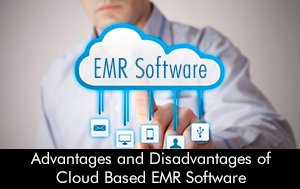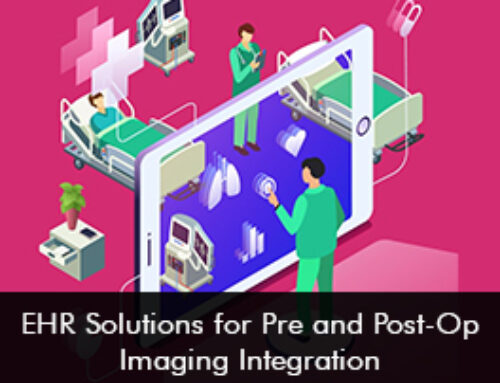Medical technology is growing day by day by providing tech solutions to small, medium and large practices. Software as a service (SaaS) technology has provided complete accessibility to a fully integrated Software solution to even the smallest of all practices.
There are two types of Electronic Medical Records (EMR) Software available namely, Cloud-Based EMR Software and Client-Server Based EMR Software. Here we are looking at the Cloud-Based EMR Software. This type of Software exists on the vendors’ network and through the internet facility is accessible on the clients’ devices. The Cloud-Based EHR Software is also known as the Web-Based or Hosted EMR Software.
The Software market has thousands of vendors which offer Electronic Health Records (EHR) Software to users to streamline administrative, financial and clinical workflows.
It’s a difficult process to select an EMR and also to decide whether to go for a web-based or a server-based EMR Software. The user can make the optimal choice by weighing both the pros and cons of a Cloud-based EMR Software system.
Let’s look at the advantages of a Cloud-Based EMR Software.
- Cost-Effective – The Cloud-Based EMR & Practice Management (PM) Software proves to be cost-effective because the upfront costs are low. It is also the vendor’s responsibility to maintain the servers and data centers.
- Vendor Duty – It is a vendor’s complete responsibility to look out for upgrades, support and patches. Hence it’s hassle-free for the user.
- Interoperability – The Cloud-Based EMR Software system offers streamlined communication procedures and centralization of information and data.
- Customer Support – A better customer support is provided to the user which gives peace of mind throughout the workings of the Software.
- Data Protection – Usually meets HIPAA Compliance and meaningful use.
- Accessibility Round the Clock – Patient records and data is available easily from any place. Mobility proves it especially vital for doctors who are on the go.
Now let’s shed some light on the disadvantages.
- Lack of customization – User needs might not be fully customized to needs.
- Dependent upon a reliable internet connection – Internet connections can have a lapse and are never always sending signals. Slower internet connections can affect the functionality of the Software.
- Data is with the Vendor – The vendor controls and has access to all sensitive patient data and information. This can be problematic if the vendor doesn’t stay in business as you can lose patient data.
- Dependency on the Vendor – Security and backups is the responsibility of the vendor. So you’re completely reliant on the vendor.
- Higher Costs – A web-based EMR Software may turn out to be expensive in the future.
To make an intelligent decision one needs to select a reliable vendor, proving a cost-effective and feature enrich Cloud-Based EMR Software.







